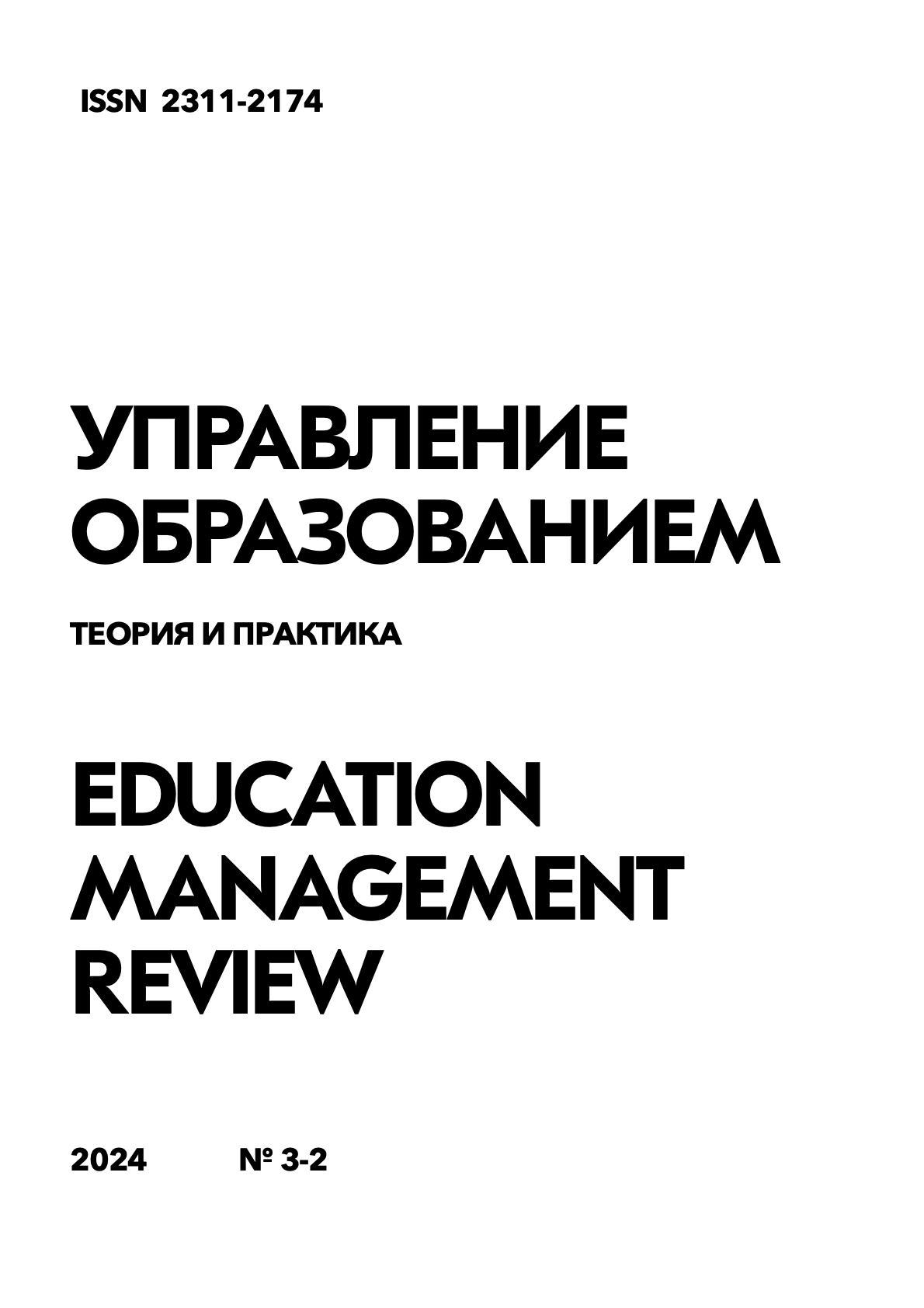Theoretical aspects of the formation of predictive competence of pedagogical university students
DOI:
https://doi.org/10.25726/l8681-0907-6905-dKeywords:
competence, predictive competence, competence approach, competence formation, conceptAbstract
The article examines the conceptual foundations of the formation of predictive competence of students of pedagogical educational institutions. It should be noted that most young professionals face problems in practice, which are often due to insufficiently developed abilities to predict the effectiveness of pedagogical actions and interactions, to determine the potential capabilities of the student, as well as the lack of skills and abilities to instantly respond to changes in the conditions of the educational process. The paper pays special attention to the analysis and structuring of various concepts taken from a variety of sources on this topic. The research is aimed at determining the degree of development of predictive competence among students of pedagogical universities and clarifying the need for in-depth study of this competence. The research methods included the analysis of scientific literature, questioning students on knowledge and understanding of the concept of predictive competence. The results of the study showed that a significant proportion of students have an insufficient level of predictive competence. This confirms the need for in-depth study and immersion in this aspect of professional training. The results of the study emphasize the importance of creating specialized educational programs and methodological approaches aimed at the successful development of predictive competence among students preparing for teaching activities.
References
Дьяков С.И., Добряк С.Ю., Кисин К.А. Взаимосвязь понятий «Формирование» и «Развитие» и их роль в педагогической теории и практике // Педагогический журнал. 2023. № 5А. Т. 13. С. 525-536.
Кучер Б.Д. Формирование профессиональной компетентности учителей: сущность, структура и функции // Концепт. 2024. № 4. С. 159-165
Никитина Л.Е., Липский И.А., Майорова-Щеглова С.Н. Педагогическое прогнозирование: науч.-метод. пос. Под общ. ред. Л.Е. Никитиной. М.: НОУ ВПО Московский психолого-социальный институт, 2021. 288 с.
Новая психология профессионального труда педагога: от нестабильной реальности к устойчивому развитию: сб. ст. Под ред. Л.М. Митиной. М: Психологический институт РАО, 2021. 356 с.
Растопчина О.М. Прогностическая компетентность как составляющая профессиональной компетентности // Морские технологии: проблемы и решения 2020. С. 63-66.
Сайфуллина Н.А. Структурно-содержательная характеристика прогностической компетентности студентов педагогической магистратуры // Ped.Rev. 2020. № 4. С. 32.
Сайфуллина Н.А. Эмпирическое исследование формирования прогностической компетентности у студентов педагогической магистратуры // Стратегии и ресурсы личностнопрофессионального развития педагога: современное прочтение и системная практика. 2022. № 1. С. 88- 90.
Селезнева М.В. Педагогическая деятельность преподавателя вуза в эпоху цифровизации: проблемы и пути их решения // Стратегии и ресурсы личностно-профессионального развития педагога: современное прочтение и системная практика. 2022. № 1. С. 90-93.
Тимонин А.И. Концептуальные основы социально-педагогического обеспечения профессионального становления студентов вуза. Кострома, 2020. 216 с.
Фролов Ю.В., Махотин Д.А. Компетентностная модель как основа оценки качества подготовки специалистов // Высшее образование сегодня. 2020. № 8. С. 34-41.




